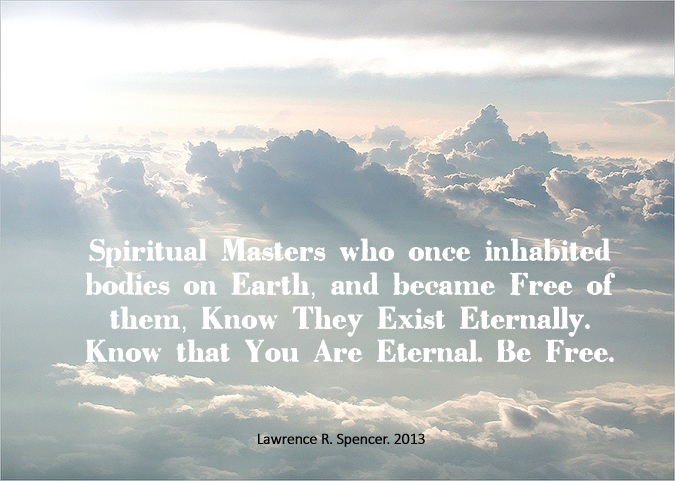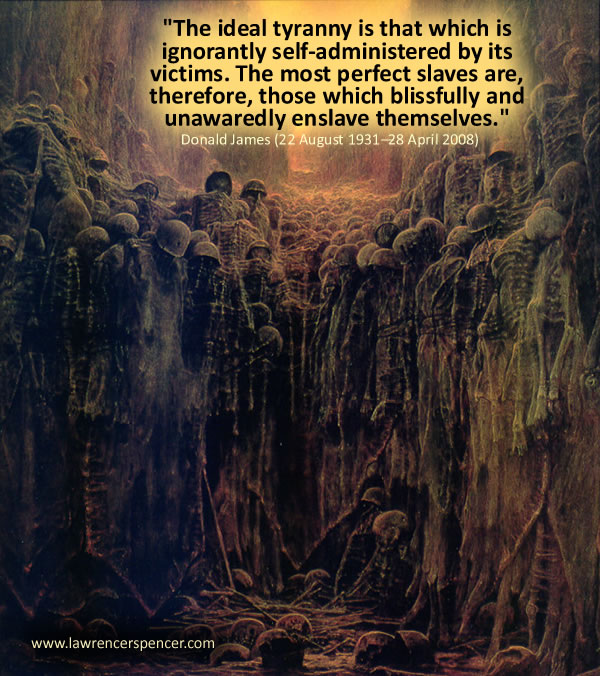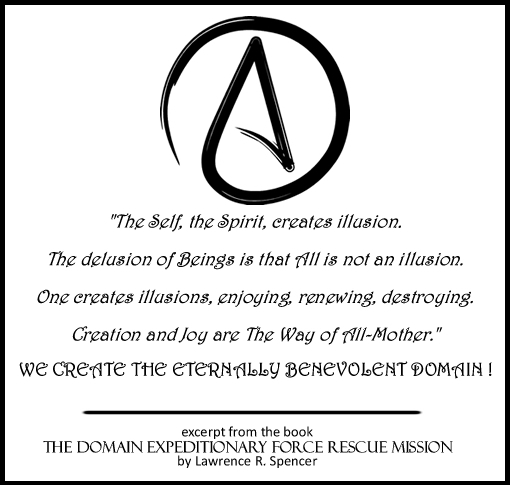Republished by Blog Post Promoter
Category Archives: READING MATTER
Books I read & recommend
IDEAL TYRANNY: PERFECT SLAVES
Republished by Blog Post Promoter
“The ideal tyranny is that which is ignorantly self-administered by its victims. The most perfect slaves are, therefore, those which blissfully and unawaredly enslave themselves.”
— Donald James (22 August 1931—28 April 2008) — the author of the best-selling novels Vadim, Monstrum, The Fortune Teller and The Fall of the Russian Empire, as well as non-fiction books such as The Penguin Dictionary of the Third Reich. He wrote under a number of pseudonyms, notably Thomas Dresden and James Barwick. James’s career as a scriptwriter included work on TV series such as The Adventurer, The Avengers, The Champions, Department S, Joe 90, Mission: Impossible, The Persuaders!, The Protectors, Randall and Hopkirk (Deceased), The Saint, The Secret Service, Space: 1999, Terrahawks and UFO. He wrote for a total of 22 titles, including the Century 21 film Doppelgänger.
PALINGENESIS
CRIME & JUSTICE
Republished by Blog Post Promoter
 George Bernard Shaw (26 July 1856 – 2 November 1950) was an Irish playwright, critic and polemicist whose influence on Western theater, culture and politics extended from the 1880s to his death and beyond. He wrote more than sixty plays, including major works such as Man and Superman (1902), Pygmalion (1912) and Saint Joan (1923). Shaw became the leading dramatist of his generation, and in 1925 was awarded the Nobel Prize in Literature.
George Bernard Shaw (26 July 1856 – 2 November 1950) was an Irish playwright, critic and polemicist whose influence on Western theater, culture and politics extended from the 1880s to his death and beyond. He wrote more than sixty plays, including major works such as Man and Superman (1902), Pygmalion (1912) and Saint Joan (1923). Shaw became the leading dramatist of his generation, and in 1925 was awarded the Nobel Prize in Literature.
THE WAY OF ALL-MOTHER
Republished by Blog Post Promoter
“The primary difference between IS-BEs of The Domain and those of the physical universe is the condition known as “games”. In The Domain it has long been observed that in order for each individual IS-BE to remain free from intrusion or tyranny imposed on them by more powerful, or less ethical IS-BEs, we must cooperate to defend and nurture each other. A principle of benevolent mutual respect for all IS-BEs, and the universes they create / occupy, is referred to as “All-Mother”.
“All-Mother” is a philosophy in which the behavior or conduct of an individual and groups of IS-BEs is adjudicated based on the logical premise that in order to sustain optimum freedom, order and serenity for all IS-BEs, each IS-BE must serve all IS-BEs.
This premise is not intended to eliminate disagreements between IS-BEs, but to mitigate destruction or chaotic behavior between them.
“All-Mother” assures the inherent right of an individual IS-BE to approach, depart from, or not interact, with other IS-BEs while maintaining an optimum serenity.
The purpose of The Domain is to defend the right of an individual or group of IS-BEs to create a universe, or not, at their own discretion.
It has been observed that when responsibility for maintaining organization within the co-created universe shared by all IS-BEs is not defended and preserved, each individual IS-BE is deprived of the freedom assured by the power of a collaborative, creative will and combined power.
 The Omniscient and Omnipotent Matriarch (abbrev: Omnimat) is an IS-BE who acts as magistrate of The Domain.
The Omniscient and Omnipotent Matriarch (abbrev: Omnimat) is an IS-BE who acts as magistrate of The Domain.
- Through preeminent power, wisdom and benevolence, Omnimat supervises and enforces the principle of All-Mother within The Domain.
- Omnimat does not create, destroy or alter universes.
- Omnimat may, or may not, enforce penalties or restrictions upon IS-BEs when violations of the principle of All-Mother occur within The Domain.
- The discretion and judgment of Omnimat are inviolate.
- Omnimat enforces all judgments.
To the degree that IS-BEs of The Domain do not need or desire admiration, and are not compelled to “play” a game at all times, the power, stability and serenity of The Domain remains relatively stable, when compared to the physical universe.
(The physical universe is, by definition, an infinite, icy void cluttered with random sources of savage energy combined with mindless chunks of matter. The massive and chaotic construction of the physical universe is utterly antipathetic to the spiritual “nothingness” which is the intelligent source of life forms and of universes.)
WE CREATE THE ETERNALLY BENEVOLENT DOMAIN!”
“The Self, the Spirit, creates illusion.
The delusion of Beings is that All is not an illusion.
One creates illusions, enjoying, renewing, destroying.
Creation and Joy are The Way of All-Mother.”
I am present, as Omnimat is present, in the eternal now. ”
_______________
Excerpt from THE DOMAIN EXPEDITIONARY FORCE RESCUE MISSION, by Lawrence R. Spencer



